Question And Answer
Publications
Articles, publications, books, tools and multimedia features from the U.S. Institute of Peace provide the latest news, analysis, research findings, practitioner guides and reports, all related to the conflict zones and issues that are at the center of the Institute’s work to prevent and reduce violent conflict.
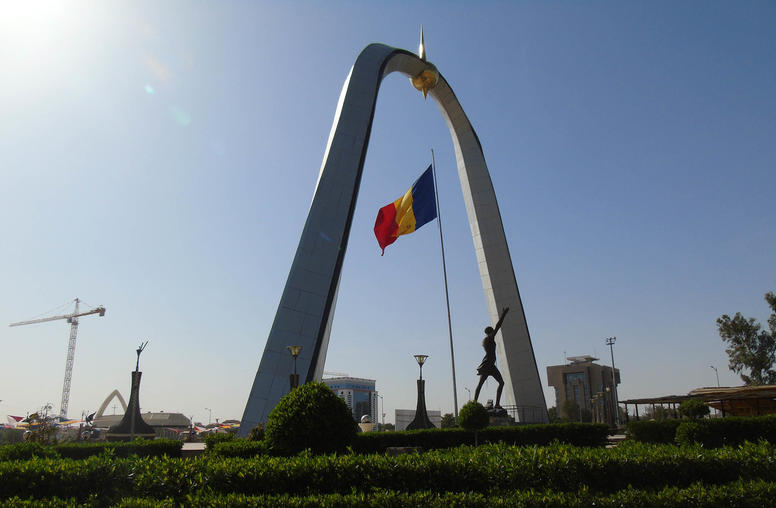
Chad’s Political Transition at an Inflection Point
On December 17, Chadians will vote in a referendum to approve a new constitution for the country nearly three years into a protracted, at times turbulent political transition process. The constitutional referendum is expected to pave the way for President Mahamat Déby to run for president in the 2024 national elections after leading the country since 2021, and adjust Chad’s system of governance to be a unitary, non-federal state with increased decentralization and territorial autonomy.

La Transition politique du Tchad à un Tournant décisif
Le 17 décembre, les Tchadiens voteront lors d'un référendum visant à approuver une nouvelle constitution pour le pays, près de trois ans après le début d'un processus de transition politique prolongé, parfois agité. On s’attend à ce que le référendum constitutionnel ouvre la voie à la candidature du Président Mahamat Déby aux élections présidentielles de 2024, après avoir dirigé le pays depuis 2021, et un ajustement du système de gouvernance tchadien vers un État unitaire non-fédéral, avec en théorie une décentralisation et autonomie territoriale plus accrue.
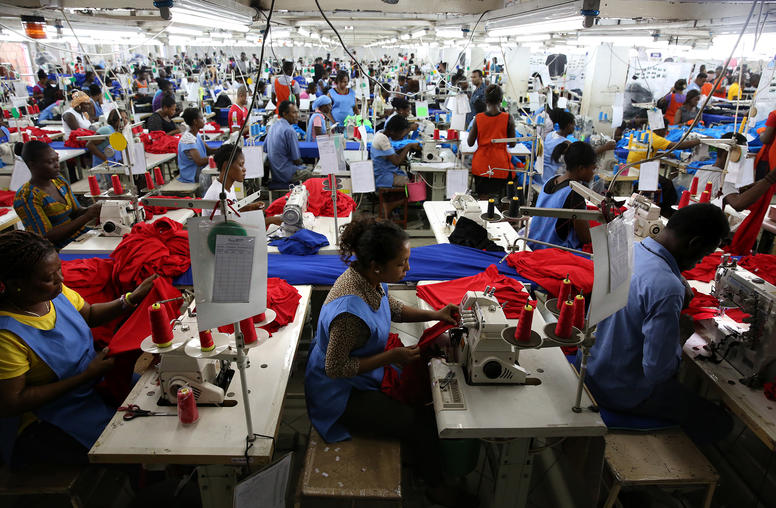
Countering Coups: In Africa, Use Investment to Build Rule of Law
Policymakers are urgently seeking ways to reverse the erosion of democracy in fragile states exemplified by the past year’s surge in military coups in and around Africa’s Sahel region. To halt this decline, it’s vital to listen to African voices urging that international partners make the most of a powerful pro-democracy tool: increased foreign investment built upon the rule of law.
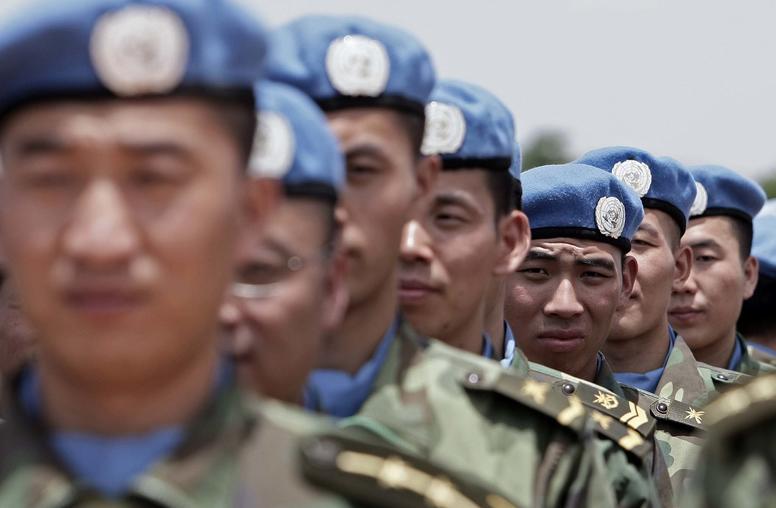
Sidestepping Great Power Rivalry: U.S.-China Competition in Africa
If the early months of the Biden administration are any indication, the U.S.-China rivalry shows no signs of dimming anytime soon. Initial meetings between top Biden administration and Chinese officials in March were heated and appear to have done little to reduce tensions over many divisive issues. There is growing bipartisan support in the U.S. Congress for “hardline” policies against Beijing. Meanwhile, China is increasingly active worldwide, including in Africa, where its expanding presence is concerning to the United States.
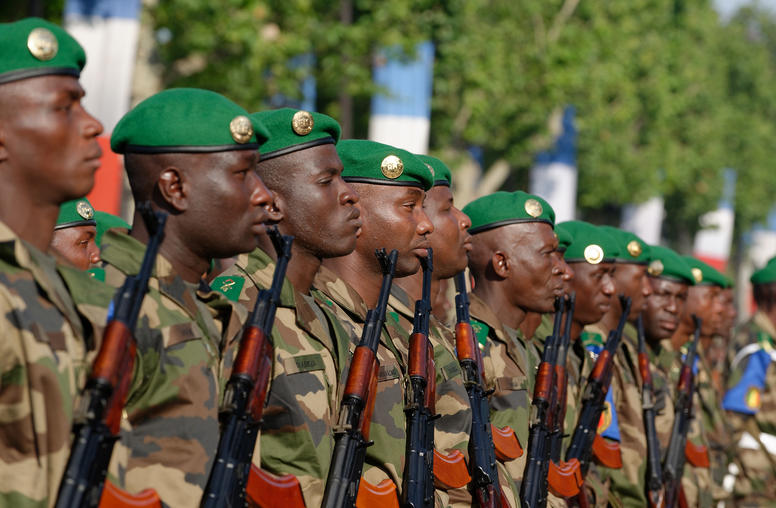
After Two Coups, Mali Needs Regional Support to Bolster Democracy
Amid a 15-year global democratic recession, the Biden administration is convening over a hundred nations this week to revitalize democracy. This comes at a critical juncture, as democracy’s defenders are reeling from the growing challenges posed by authoritarian foes. The West African country of Mali puts these challenges in stark relief, after the country experienced two coups in a year. Underlying the crisis of coups in Mali is a deeper crisis of state legitimacy, which has been exacerbated by Western security assistance overly focused on short-term counterterrorism gains.
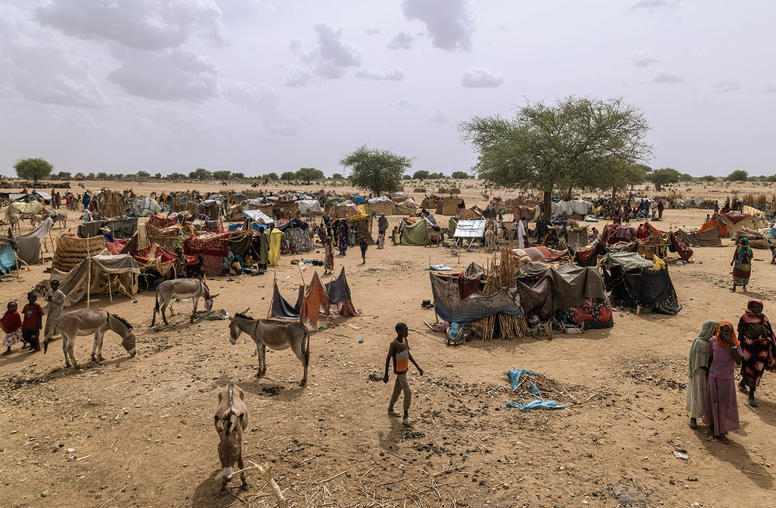
Sudan’s Crisis Offers New Lessons for Building Peace in the Sahel
Sudan’s five-week war has killed or wounded over 5,000 people, uprooted a million more — and reignited understandable frustrations over how U.S. and international policies can better prevent or respond to such upheavals. Amid heated policy debates, we should step back briefly to pinpoint lessons from this crisis that can improve our responses in Sudan and across the Sahel’s web of coups, insurgencies and extremism. Indeed, that task is urgent — both to address the complex evolutions in the region’s crises and to build support for smarter, steadier engagement, rather than a self-defeating retreat from the Sahel by global partners seeking democracy and stability.
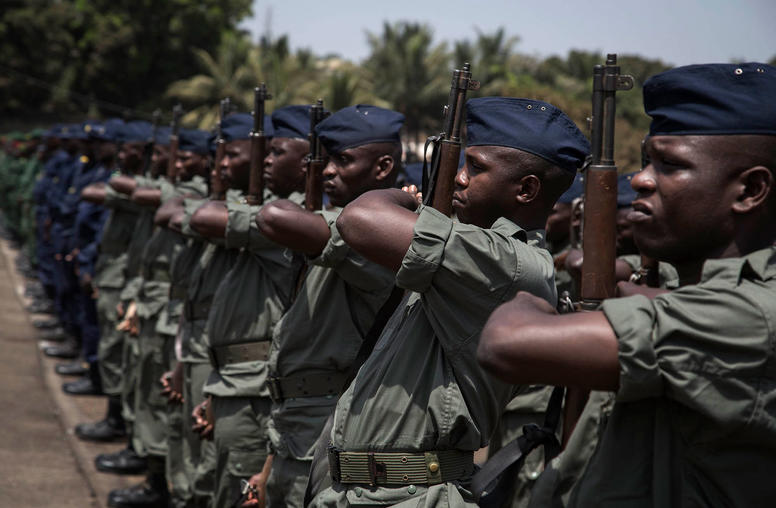
Guinea’s Lesson for Strengthening Democracy: Use ‘Peer Power’
As dozens of nations seek to strengthen democracy at this week’s White House summit, indicators for effective methods can be found in Guinea, one of five nations that this year suffered a coup by its military. An overarching lesson is for the United States and other more distant governments and institutions to recognize the greater efficacy of putting regional communities in the lead. For Guinea, this will mean supporting a stronger role by neighboring countries and the Economic Community of West African States (ECOWAS)—a 15 nation grouping that has shown real promise as a promoter of democracy.
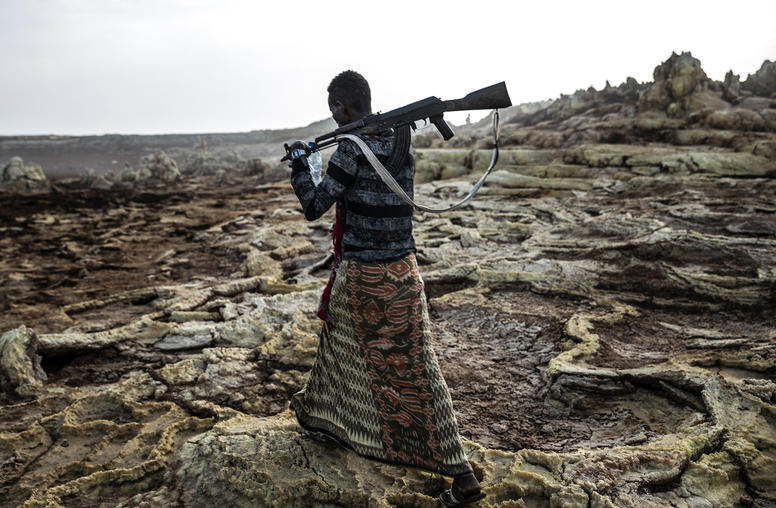
Despite High Stakes in Ethiopia, China Sits on the Sidelines of Peace Efforts
Since November of 2020, Ethiopia has been suffering from a deadly internal conflict that has claimed an estimated 50,000 lives and displaced over two million. The United States, the African Union and others in the region have attempted to secure a cease-fire between the federal government and the Tigray People’s Liberation Front (TPLF) but have made little headway. In contrast, China has remained mainly on the sidelines of peacebuilding efforts even though Ethiopia — the second most populous country in Africa — is a centerpiece of its Africa policy.
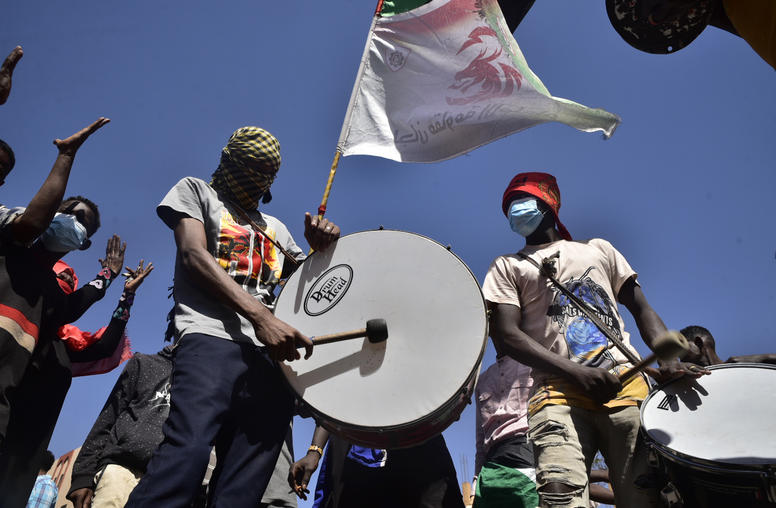
Countering Coups: How to Help Rebuild Democratic Rule
The past year’s surge in coups around Africa’s greater Sahel region highlights the need for the United States, other democracies and African governments to improve past practices that often have been ineffective in preventing armed seizures of power and in reversing them when they occur. Many Sahel countries have suffered repeated coups—a warning that we need to strengthen the ways that we shape our efforts at restoring democracy. USIP experts suggest that these transitions must become periods for broad, national dialogues to set agendas for change that can make strengthen democracy and interrupt cycles of failed governance.
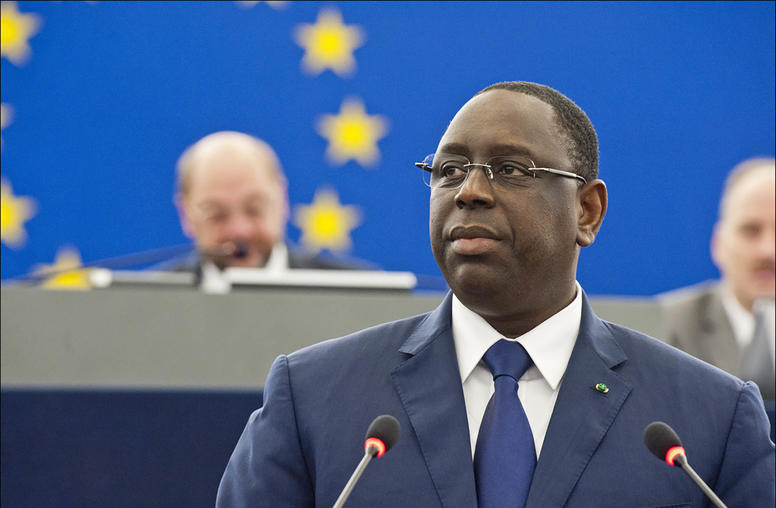
Suddenly, Senegal Is a New Risk for Democracy in Africa
The sudden actions by Senegal’s president to postpone this month’s presidential election by 10 months threaten to seriously undermine political stability and peace in a nation that has been a resilient democracy in West Africa, where multiple military coups d’état have occurred in recent years. This move poses risks of authoritarianism, violence and economic setbacks for Senegal’s 17 million people, and deeper regional insecurity. Friends of Senegal and democracy, in the United States, Africa and beyond, must unite behind the clear desire of Senegal’s people to maintain peaceful, freely elected democracy under its constitution.